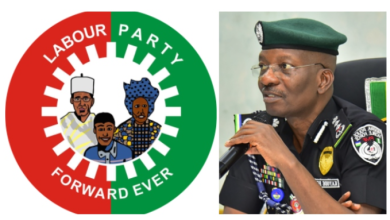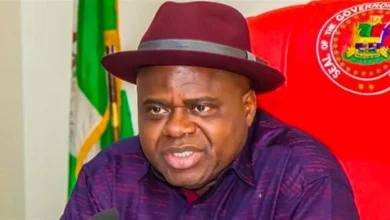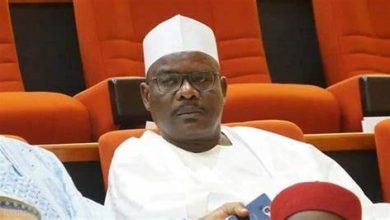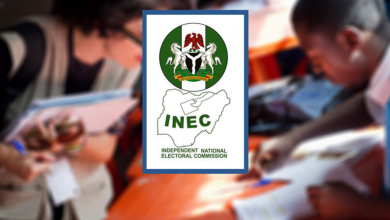INEC wants NASS to fast-track electoral reform
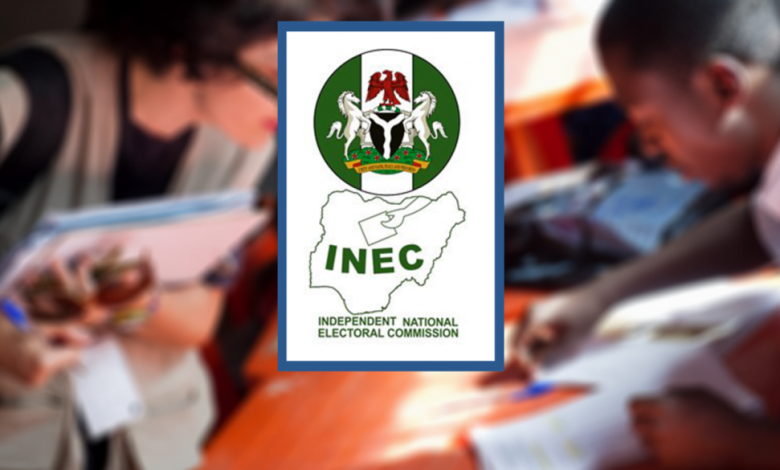
The Chairman of the Independent National Electoral Commission (INEC), Professor Mahmood Yakubu, has called on the National Assembly to quickly pass the proposed amendments to the country’s electoral legal framework.
The appeal comes ahead of the 2027 general election, with Yakubu emphasizing that early passage of the amended electoral law is crucial for INEC’s effective planning.
Prof. Yakubu made this statement during a meeting with the European Union (EU) Election Observation Follow-up Mission to Nigeria, led by Barry Andrews, who also headed the EU Mission during the 2023 General Election.
Yakubu also emphasised that the early passage of the amended electoral law was crucial for INEC’s effective planning ahead of the next general election.
“Uncertainty over the legal framework for the election can unsettle the work of the commission as the election draws nearer,” Yakubu said.
Yakubu further warned that uncertainty over the legal framework for the election could disrupt the commission’s work as the election draws nearer.
The INEC chairman noted that the commission had thoroughly reviewed the eight recommendations specifically directed to it in the EU EOM’s report on the 2023 general election.
According to Yakubu, action has been taken on aspects that require administrative measures, while progress is being made on cross-cutting recommendations that need collective action.
He noted that INEC had thoroughly reviewed all eight recommendations specifically directed to the commission in the European Union Election Observation Mission’s (EU EOM) report on the 2023 general election more than a year ago.
Yakubu recalled that in 2018, the EU EOM made 30 recommendations, 11 of which were addressed to INEC. Out of the 11 recommends, three were classified as priority recommendations, while eight were considered general.
He added that the remaining 15 recommendations (65.2%), including five listed as priority, require action from other stakeholders, including the executive, legislature, judiciary, political parties, and civil society.
“The commission has carefully considered all eight recommendations specifically addressed to us in your report.
“Action has already been taken on those aspects that require only administrative measures for implementation.”
“Similarly, action is being taken on cross-cutting recommendations that require collective action between INEC and other bodies and stakeholders while waiting for the conclusion of the ongoing legal review by the National Assembly on the recommendations that require legislative intervention.”
Yakubu noted that the EU’s recommendations, alongside those from other national and international election observers, were part of extensive consultations with key institutions and stakeholders during INEC’s post-election review of the 2023 general election.
He stated that the commission’s review resulted in 142 recommendations for electoral reform, adding that INEC had already published its main report on the 2023 general election over a year ago.
“As you are aware, an election is a process governed by law. Many of your recommendations require a review of our electoral legal framework,” Yakubu said.
“For this reason, the commission has engaged with the National Assembly, including participating in a retreat with the Joint Committee on Electoral Matters, ” he added.
Yakubu assured the EU EOM that INEC would continue to engage with the mission and other observer groups, saying that their recommendations had contributed to improving the quality of Nigeria’s elections and electoral processes.
In his remarks, Barry Andrews said the mission was at INEC to assess the progress made in implementing the recommendations outlined in the EU EOM’s report on the 2023 general election.
Andrews explained that the mission was particularly interested in understanding the extent of implementation, any challenges faced, and concerns related to future reforms, especially those requiring constitutional amendments.
“What we are here to do is to review the recommendations that came from the overall mission and were included in the final report published in 2023.
“We are very happy to see that there has been significant progress in addressing these recommendations.
“We recognize that there are certain time constraints, both in terms of judicial and administrative reforms.
“Of course, constitutional reform is somewhat more complex, but all of these recommendations are made against international standards that the EU, Nigeria, and most countries have committed to.
“We are part of a global election observation ecosystem that has helped to strengthen and support democracy not only in Nigeria or Africa but across the world, including Europe, ” he said.
Highlighting the off-cycle governorship elections conducted after the 2023 general election, Andrews noted that the mission was particularly interested in the steps taken to enhance transparency in the publication of results, one of the key recommendations from their report.
